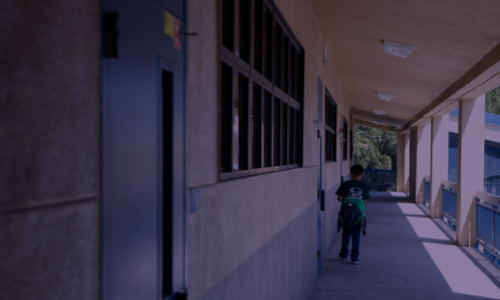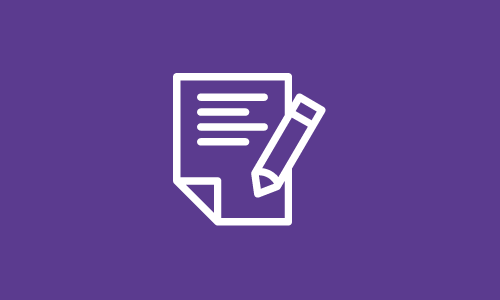Seasonal learning patterns & summer loss
Students don’t learn only during the school year, and academic growth trajectories can change as students move from kindergarten through high school. Academic growth patterns across time—both in school and during the summer—can differ for various groups of students, and those patterns can influence academic achievement gaps. Our research advances understanding of seasonal learning patterns, summer loss, and school and non-school contributions to student growth.


Academically speaking, the COVID Slide could be a lot worse than you think
Education leaders are already bracing for a worse “summer slide” this year for students whose schools were shut down to curb the spread of coronavirus. But new research suggests the “COVID slide” is going to be significantly worse. In one study out today, Beth Tarasawa and Megan Kuhfeld, reasearchers for NWEA, analyzed student achievement and growth data from more than 5 million students in grades 3-8 who participated in NWEA’s widely used MAP-Growth test in 2017-18 to project growth trajectories for the students under two scenarios for COVID school disruptions.
Education Week, Inside School Research blog
Mentions: Megan Kuhfeld, Beth Tarasawa


This technical appendix outlines the methodology behind the projections in the NWEA research white paper, The COVID-19 slide: What summer learning loss can tell us about the potential impact of school closures on student academic achievement.
By: Megan Kuhfeld, Beth Tarasawa
Topics: COVID-19 & schools, Equity, Seasonal learning patterns & summer loss


COVID-19 school closures will likely affect student academic achievement. Research on summer learning loss offers insights to help plan for and address some potential impacts of this extended pause when students return to school.
By: Megan Kuhfeld, Beth Tarasawa
Topics: COVID-19 & schools, Equity, Seasonal learning patterns & summer loss


The learning curve: Revisiting the assumption of linear growth across the school year
Important educational policy decisions, like whether to shorten or extend the school year, often assume that growth in achievement is linear through the school year. This research examines this untested assumption using data from seven million students in kindergarten through 8th grade across the fall, winter, and spring of the 2016-17 school year.
By: Megan Kuhfeld, James Soland
Topics: Measurement & scaling, Growth modeling, Seasonal learning patterns & summer loss


Homeschooling during the coronavirus will set back a generation of children
Long breaks are damaging. Virtual learning is erratic. The stakes are high.
The Washington Post (2020, March 27)
Mentions: Megan Kuhfeld
Topics: COVID-19 & schools, Equity, Seasonal learning patterns & summer loss


Summer learning loss: How teachers mobilize when kids return to school
NWEA researcher Megan Kuhfeld connected with Sonali Kohli of the LA Times to discuss summer learning loss.
Los Angeles Times
Mentions: Megan Kuhfeld


When does inequality grow? A seasonal analysis of racial/ethnic disparities in K-8 learning
If achievement gaps between demographic groups change during times when school is out of session, then educators and policymakers have a reason for concern about educational equality during the school year. A large study using data from NWEA takes a broader, more in-depth look at the summer achievement gap and has uncovered some meaningful results.
Getting Smart
Mentions: Megan Kuhfeld


